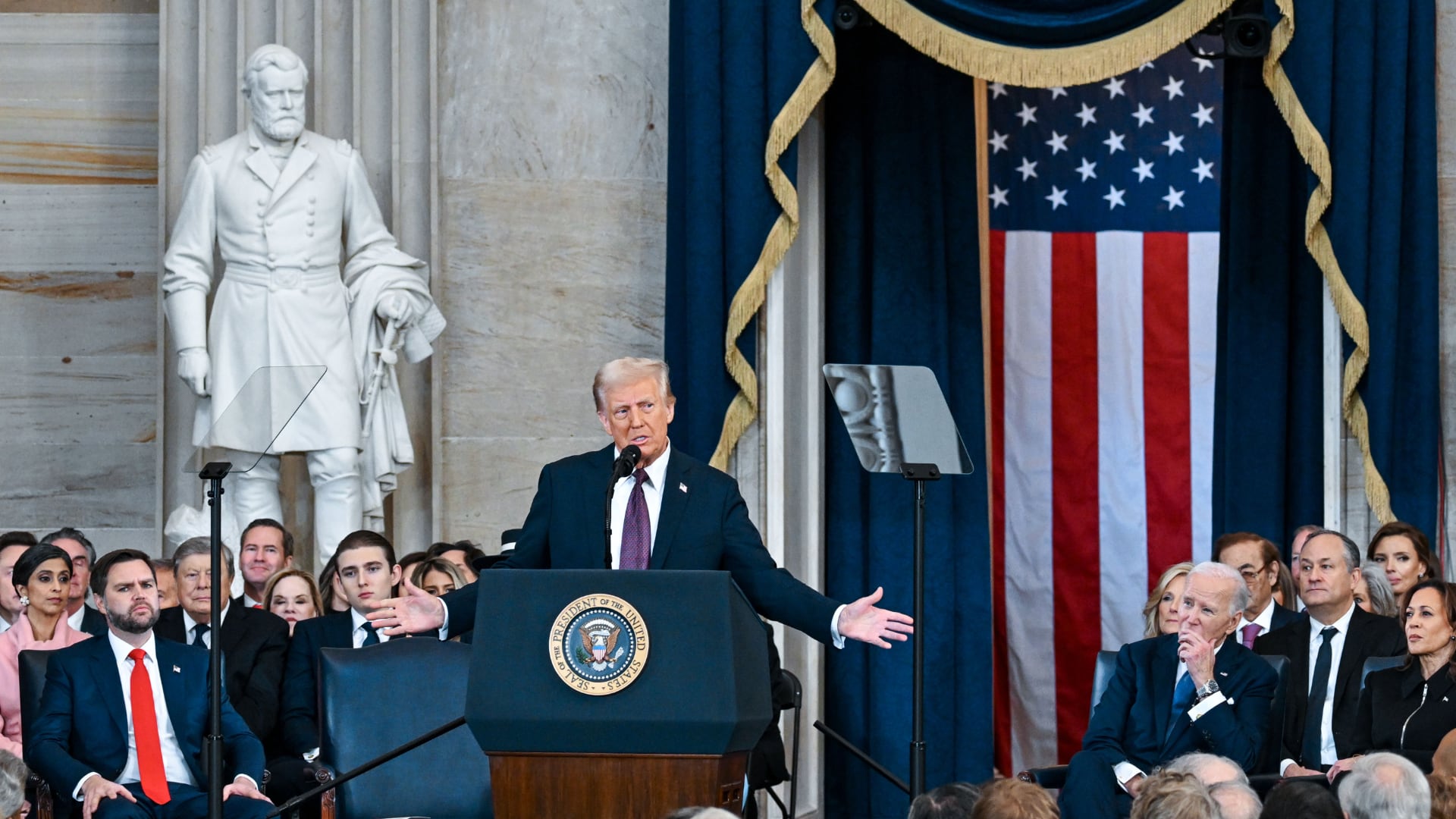*By Carlo Versano* One year after his "fire and fury" speech that threatened North Korea and its "little rocket man" leader with annihilation, President Trump addressed the annual United Nations General Assembly on Tuesday, expanding on his "America First" motto and replacing North Korea with Iran as the main antagonist. Trump said that the sanctions the U.S. imposed on Iran after pulling out of the nuclear deal have hurt the "corrupt dictatorship," while the president substantially softened his tone on North Korea ー which, according to Trump, has taken a "number of encouraging measures" since he last appeared in front of the body. While North Korean leader Kim Jong Un has not launched a missile test since his June meeting with Trump in Singapore, there is little evidence that the regime has made meaningful steps toward denuclearization. Trump also referenced OPEC, saying the cartel is "ripping off the rest of the world" by keeping oil prices high. The group has been reluctant to increase supply, and along with impending U.S. sanctions against Iranian crude exports, oil has risen to a four-year high. But perhaps the most notable thread of Trump's UN address was an apparent change to the country's foreign aid policy. "Moving forward, we're only going to give foreign aid to those who respect us and, frankly, are our friends," Trump said. That would be a major difference in how America has thought of aid in the post-war era, when it has been seen as a measure of altruism and an extension of diplomacy ー not something transactional. For an administration that often views foreign policy in stark terms, Trump's speech stayed largely on message. He rejected globalism and praised sovereignty, viewing the ideologies as mutually exclusive. At one point, he praised his White House for accomplishing "more than almost any administration in the history of our country," a statement that drew chuckles from the assembled world leaders. "I didn't expect that reaction," Trump said, veering momentarily off script.












